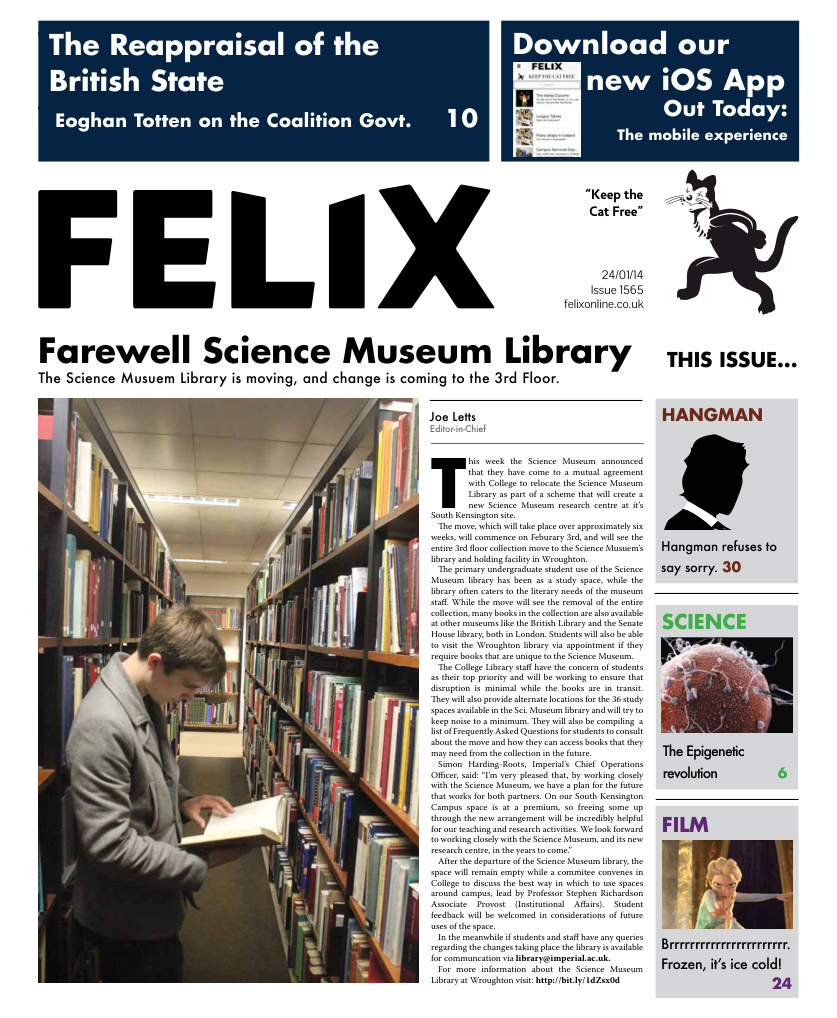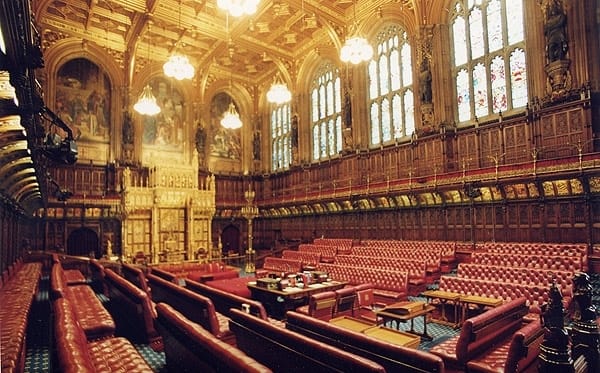Imperial Debating comes in top 16 at the World University Debating Championships
Imperial Debating saw success at the World University Debating Championships.
Imperial Debating saw success at the World University Debating Championships. Tensions and temperatures were high at Rajalakshmi College of Engineering in Chennai, the host venue of the competition. During the second year of attending the international competition, students of Imperial College argued their way through almost 350 teams into the top sixteen of the tournament.
The team of quarter-finalists consisted of Ed Middleton, a final year medic, and former president of the debating society, James Clough. Through their smooth speaking skills and practised persuasive tactics the pair were respectively ranked 38th and 41st in the competition which was comprised of almost 700 speakers from universities such as Cambridge, Harvard, Auckland and Sydney.
The competition has nine rounds of intense mental stimulation. From the rise of the ‘hook up culture’ to the private governance of bankrupt cities, the topics are designed to push and challenge all those involved. Clough and Middleton overcame the competition to fight for a place in the semi-finals against Victoria Wellington, Yale and Sydney, who later went on to compete in the finals. Despite narrowly missing out to Sydney, Imperial’s Clough and Middleton paved the way for the most impressive result in Imperial College Debating Society’s history.
With such inspiring results from their seniors, current members of the society are fired up to compete at the World Championships in Malaysia next year. The tournament, held from late December into early January, has a competitive selection process, with debaters vying to be selected by an external adjudicator. The open trials, held internally, are an excellent training opportunity which allow people of all standards to try for success. However, it’s not all about the World Championships. Opportunities for international competitions range from Budapest to Vienna, Slovakia to Paris, with plenty of tournaments held at home in the UK. The debating society urges people to come along and try it with James Clough, one of the two successful speakers at the WUDC this year, never having debated before beginning university.
However, it’s not all about developing analytical abilities and learning to charm crowds into believing what you are saying. The social side of debating brings people together from across the world to celebrate the New Year in style, with cultural flair from the host nation. The links our college makes with schools from all over the U.K. and farther afield are ones that will last for a long time to come. The parties are vibrant, exciting and filled with students from a variety of backgrounds, all enjoying the festivities in the way students do. Well, with a hint of banter, of course.
To get involved with starting debating, e-mail debate@imperial.ac.uk. You know you want to.




